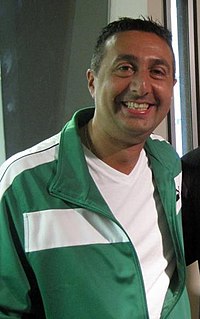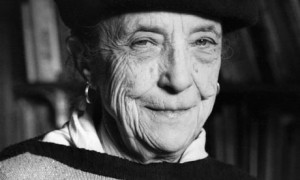A Quote by Matthea Harvey
As a reader I don't distinguish between confessional and non-confessional work. After all, how do we even know that certain "I" poems are confessional? It's a tricky business, this correlating of the speaker and the poet.
Related Quotes
Confessionalism relates to writers of color. I think confessional poetry is in its way very Catholic, capital C. One of the formative ideas of Confessionalism, beyond psychoanalysis, is a very actual fall from grace. And, at least in America, people of color never occupy that position of grace the way that white people do. So I think that in some very actual ways the confessional mode, strictly speaking, is not possible for non-white writers.





































